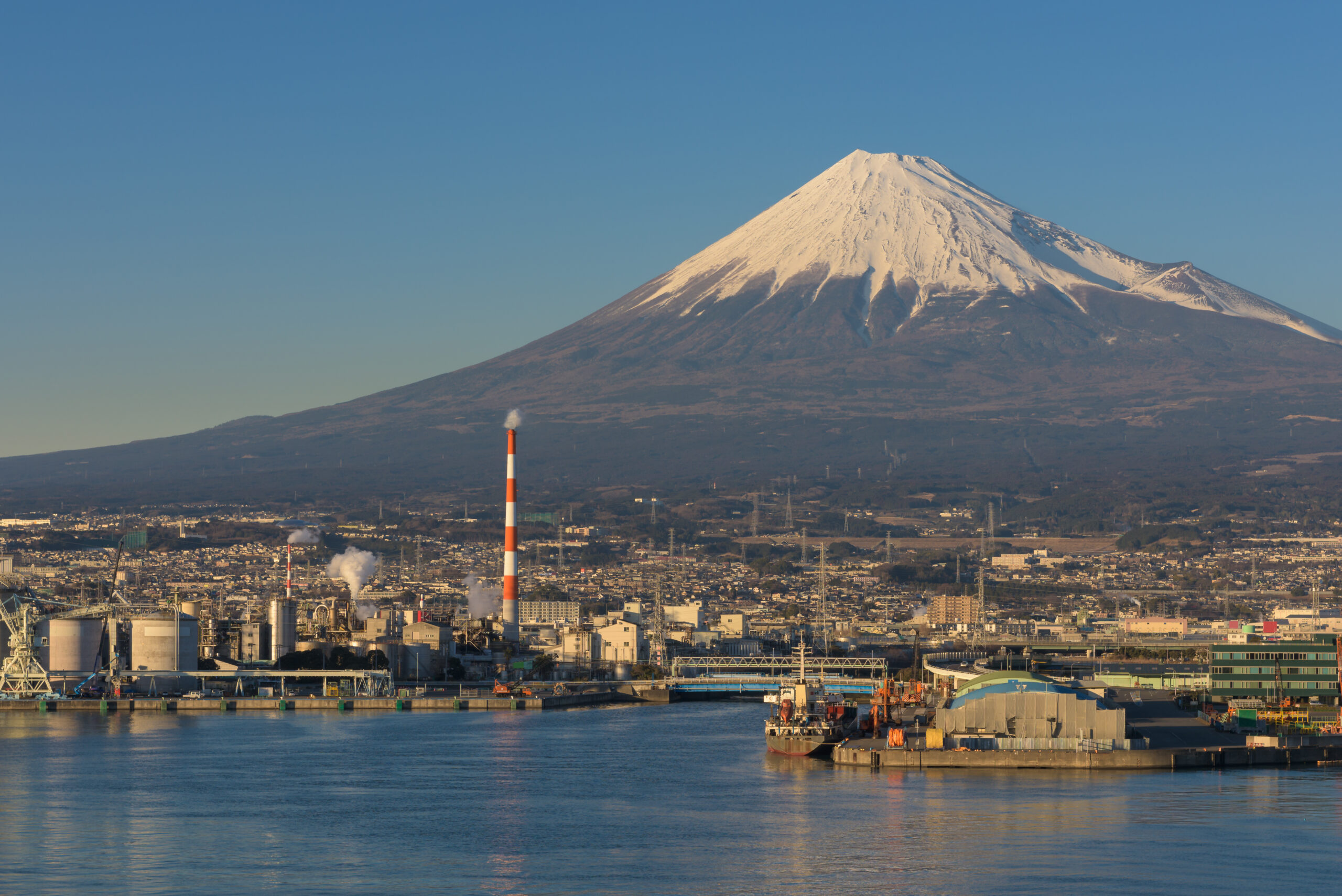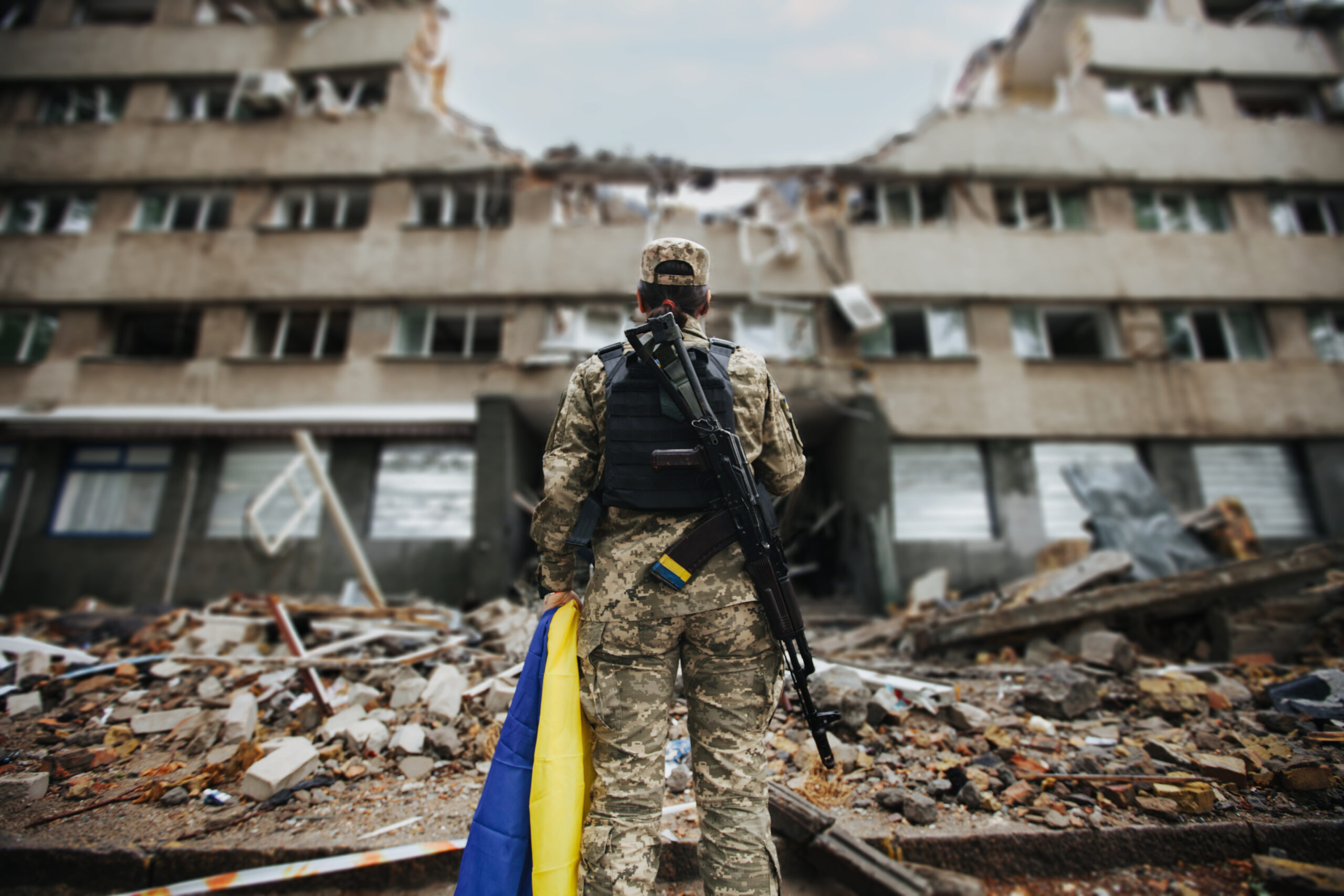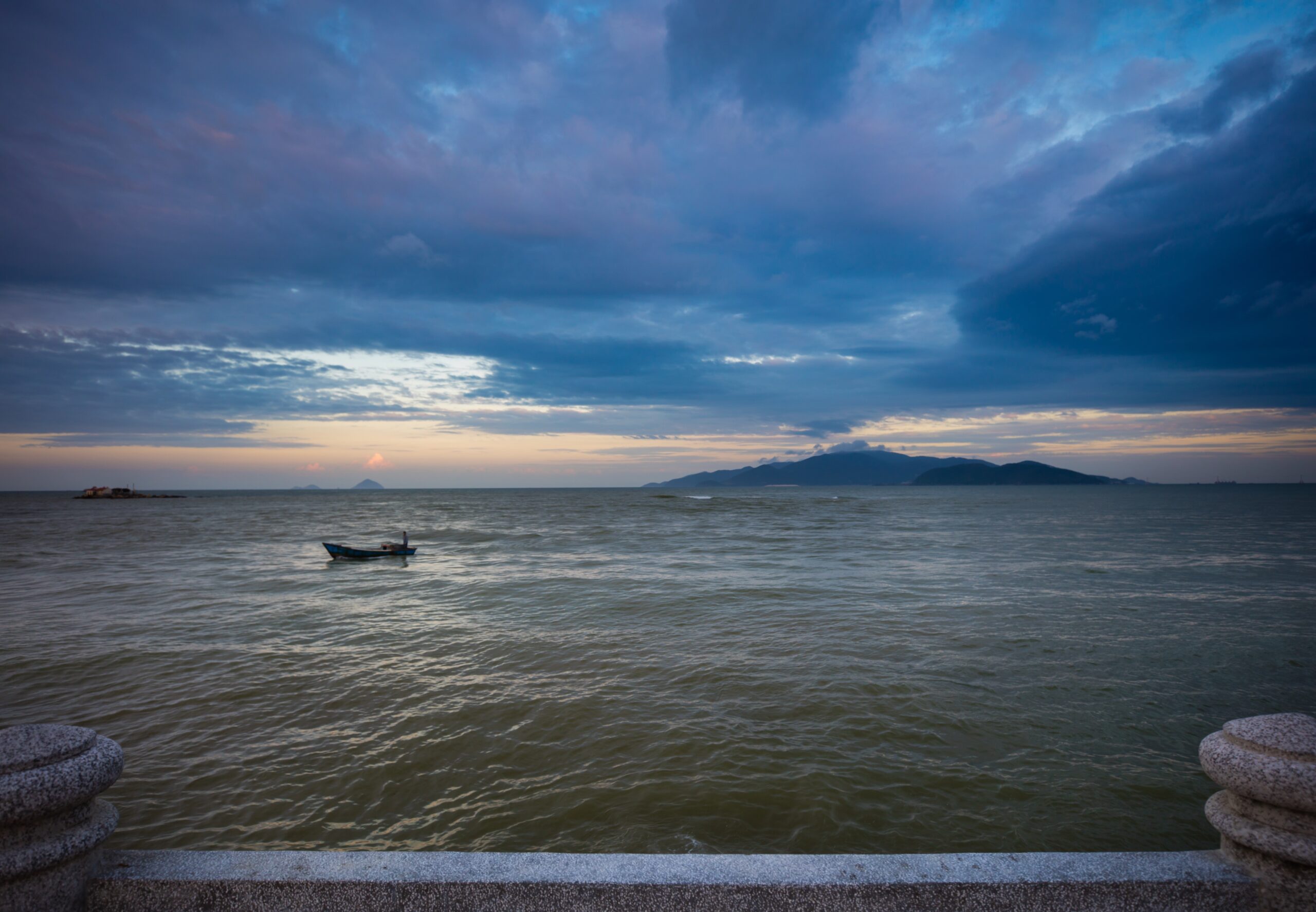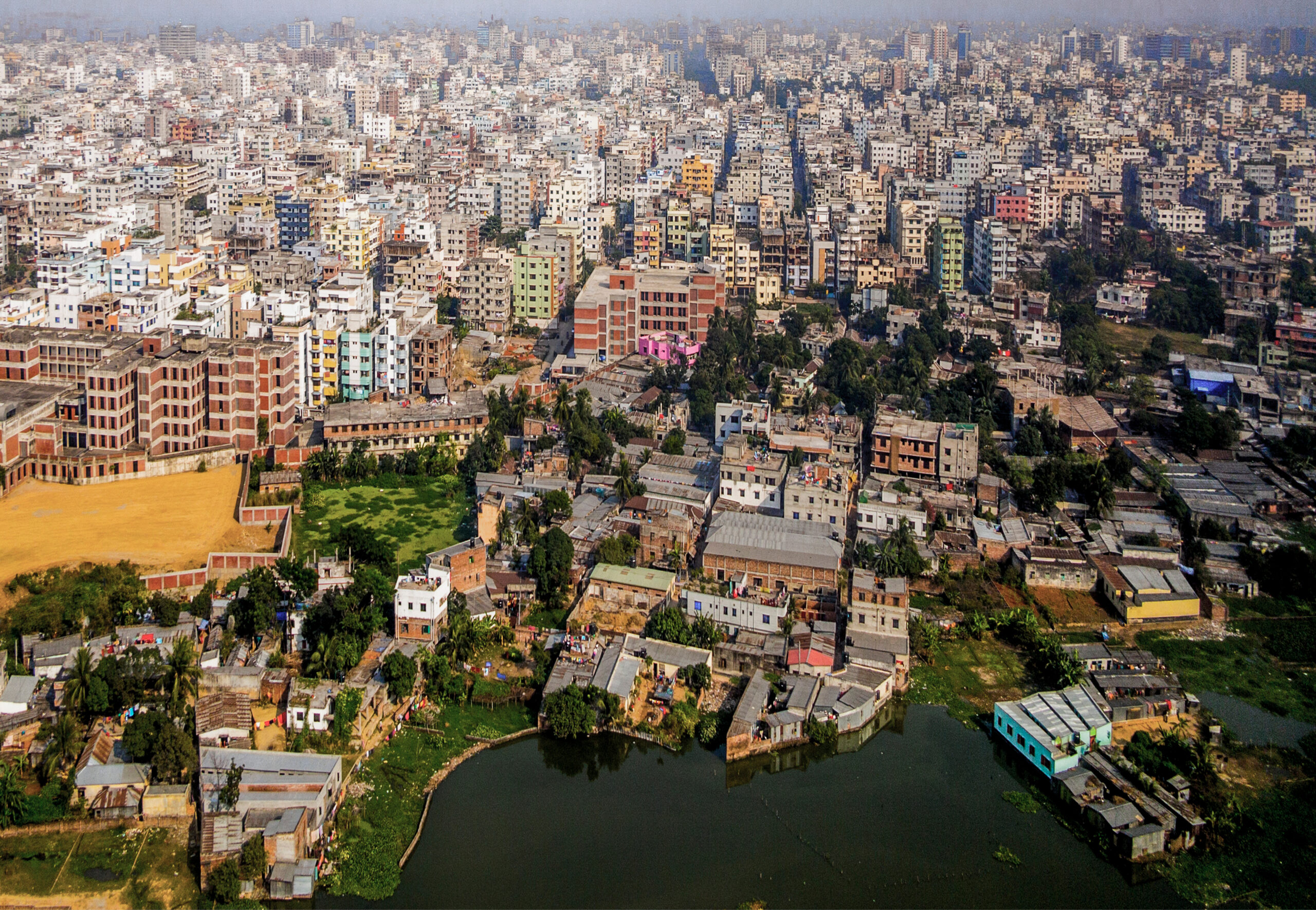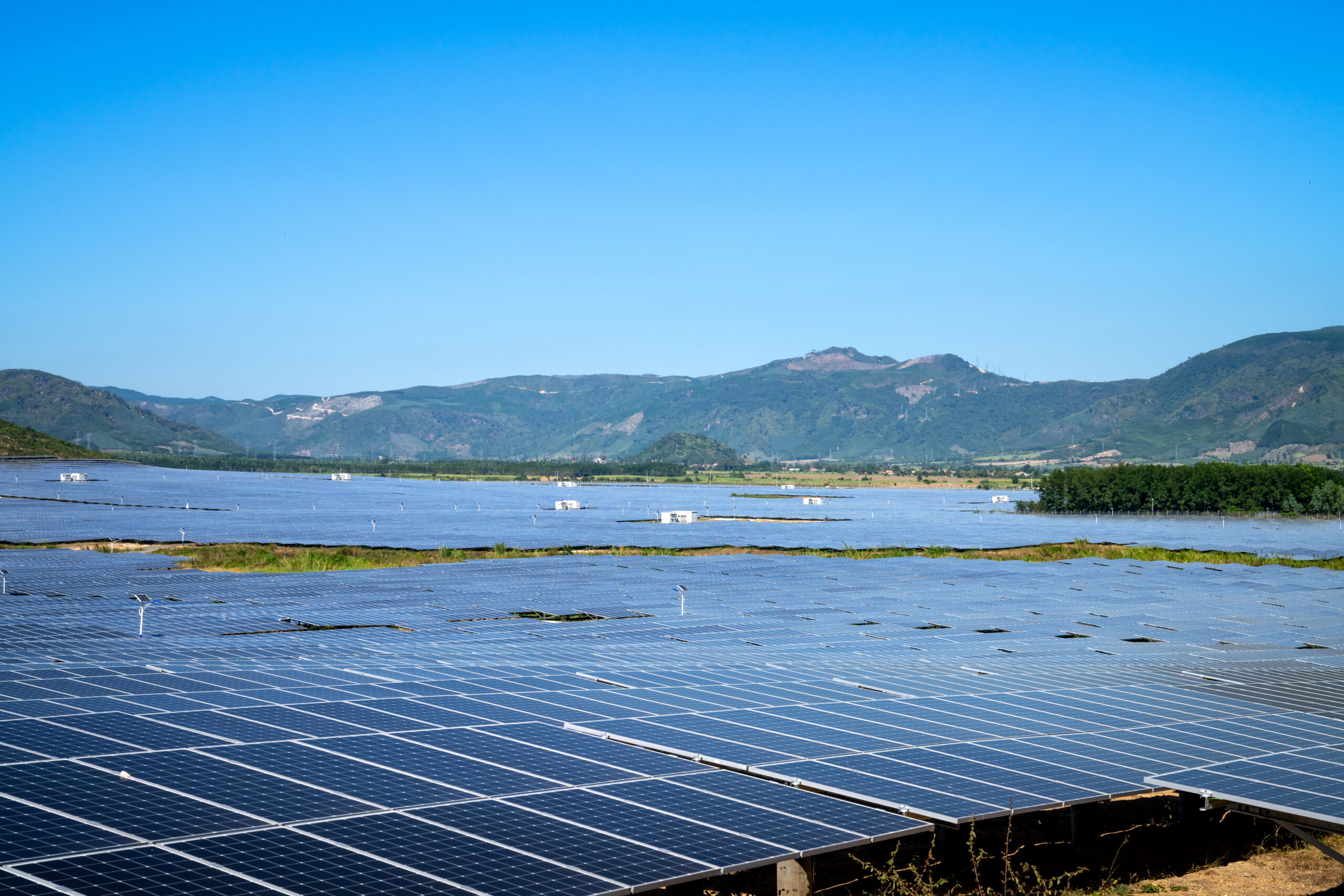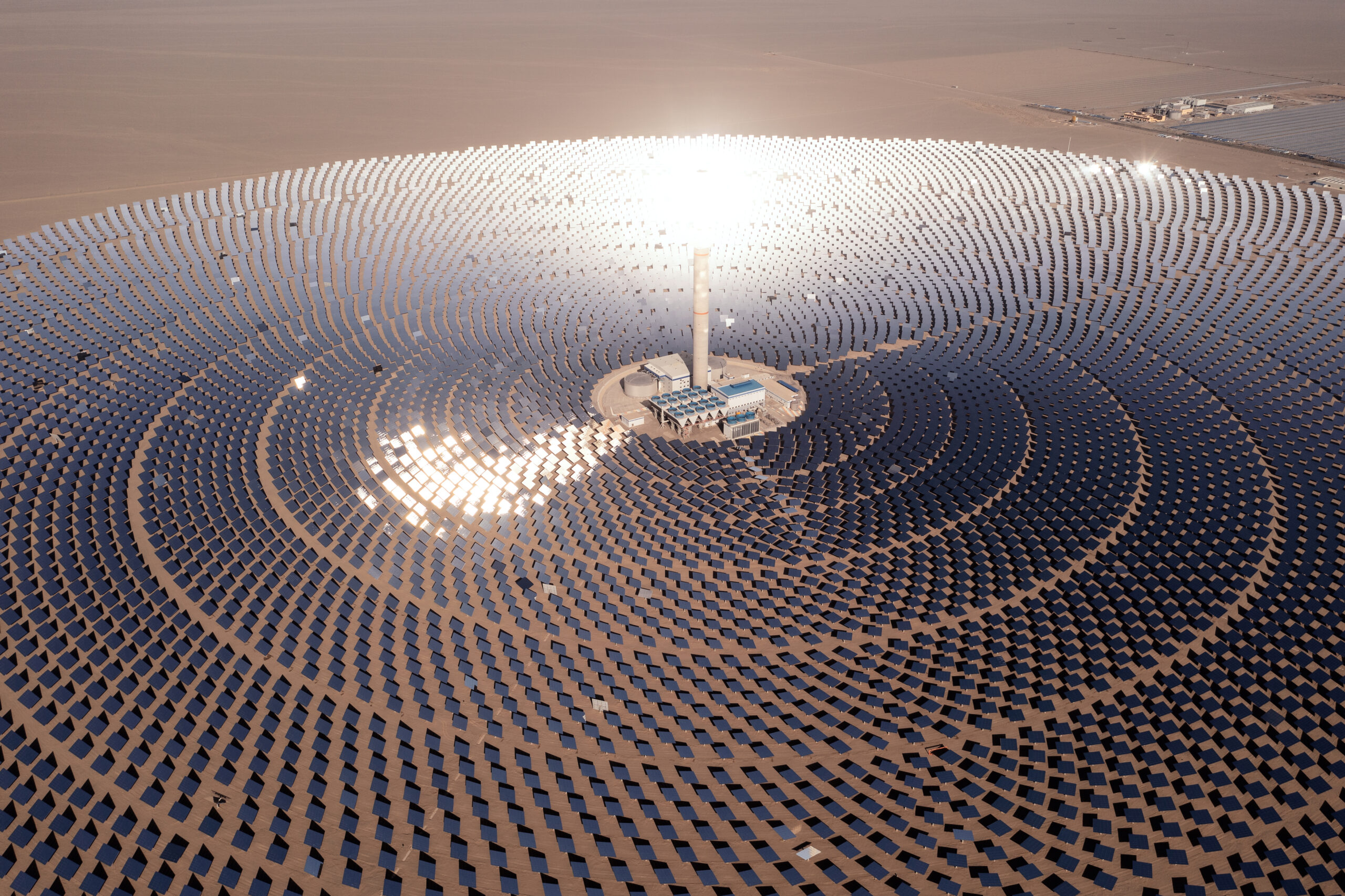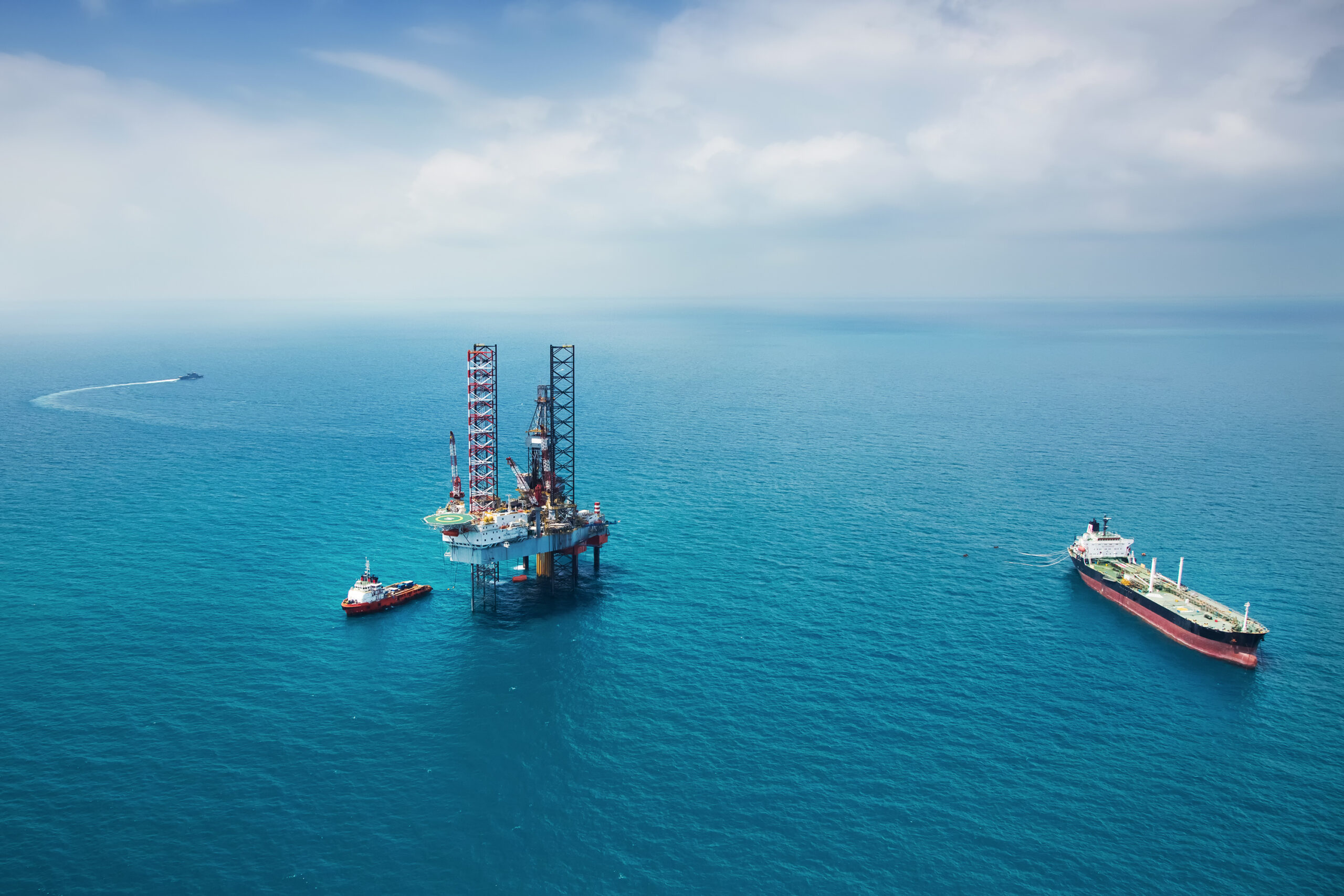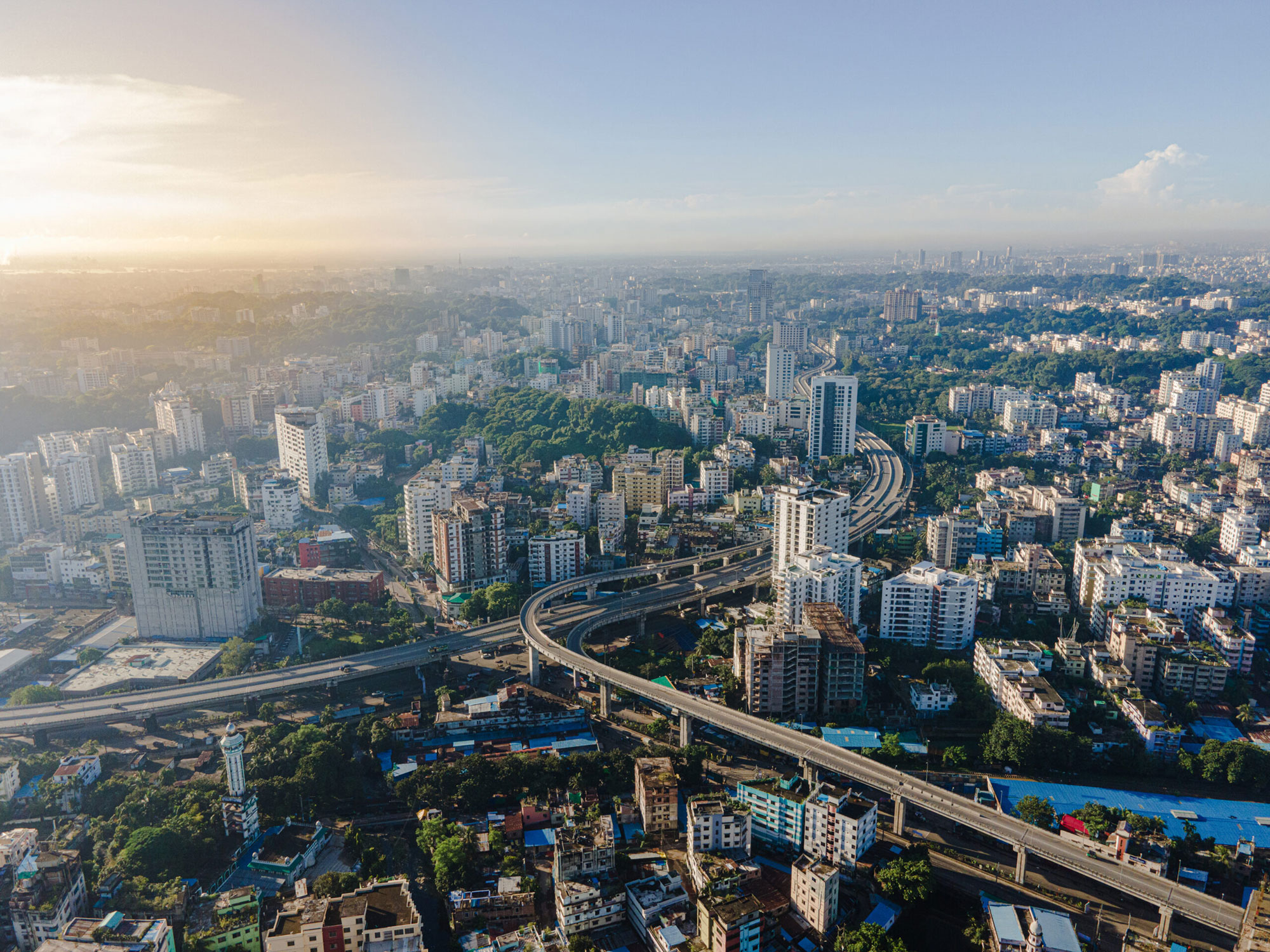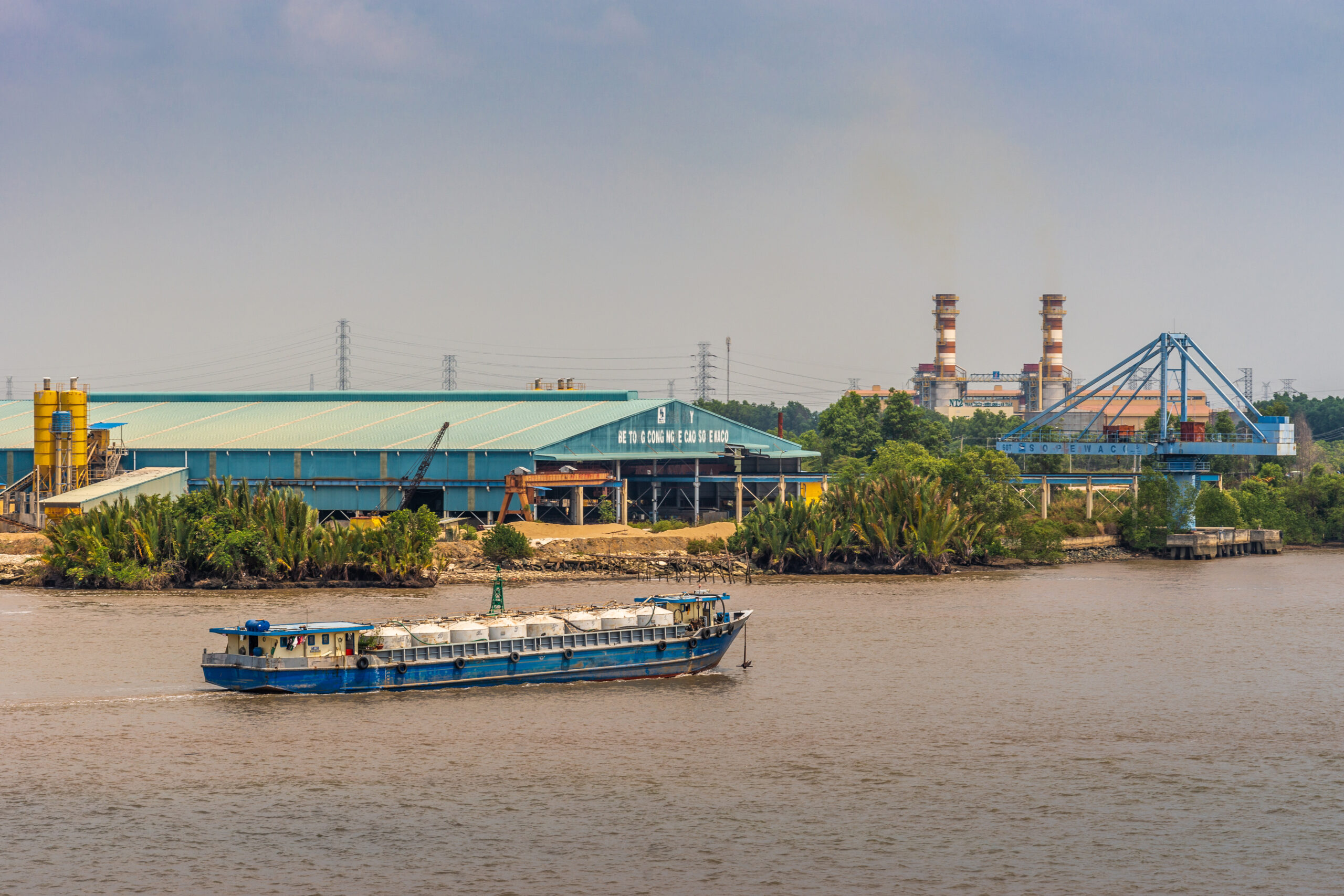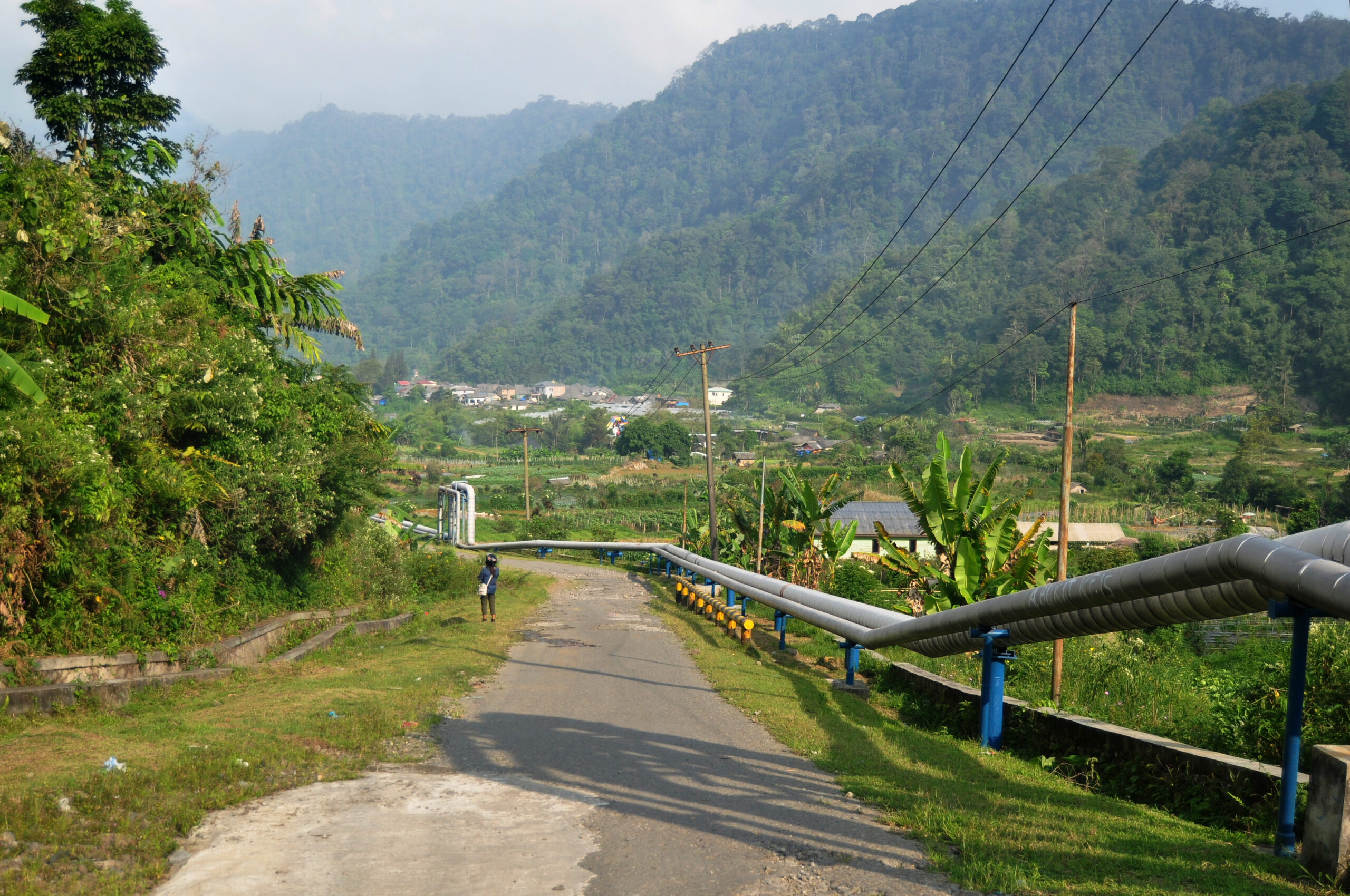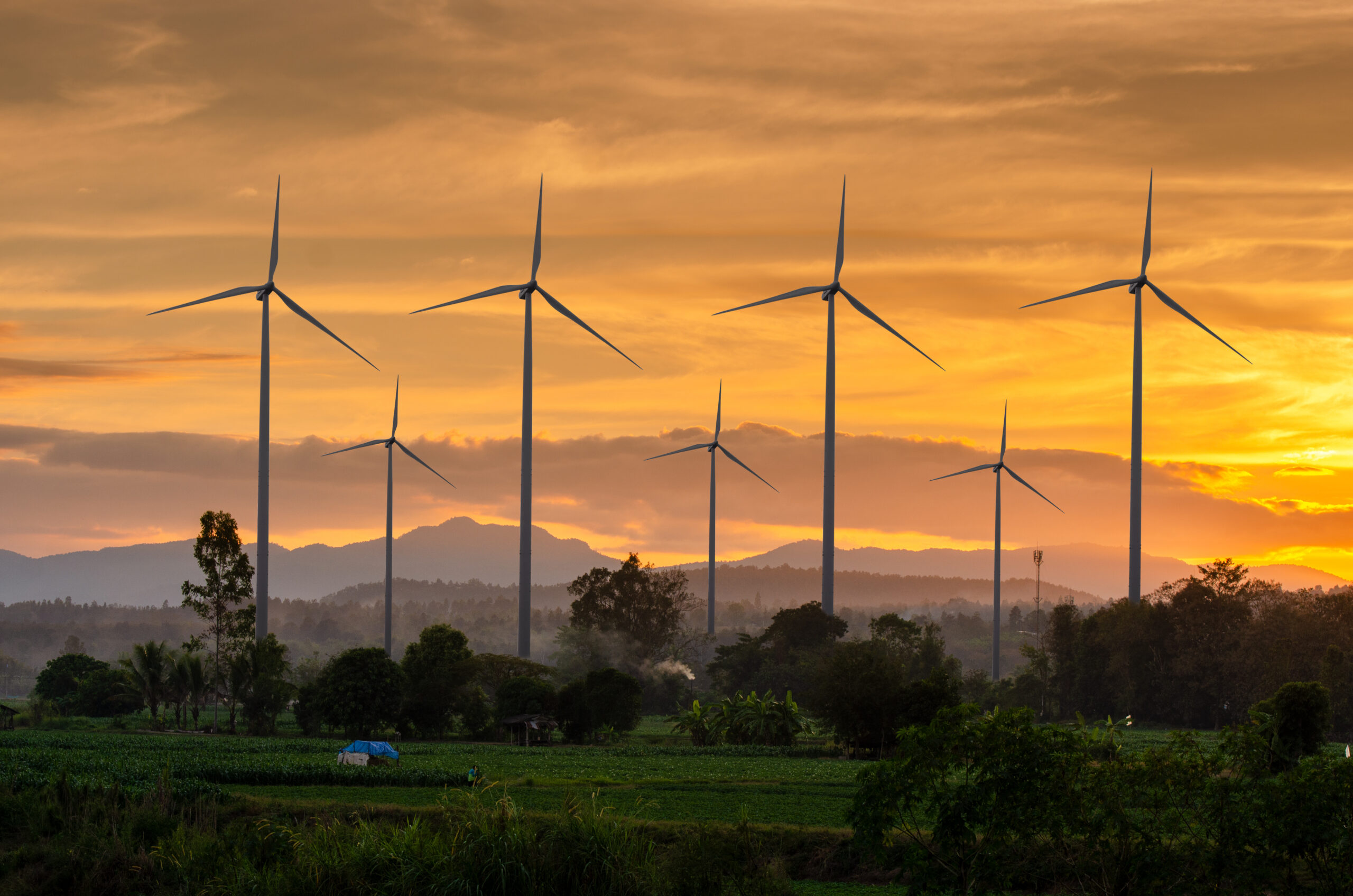Asia Pacific
Japanese utilities are increasingly focused on marketing and reselling LNG overseas, new research shows, creating more competition in the global LNG market.
Last year’s COP28 provided an important framework for discussing a new energy systems order where fossil fuels would be less central, one analyst said.
Beijing’s actions in the South China Sea could derail Vietnam’s national energy plan, which aims to more than double electricity generation capacity.
Last year the Bangladeshi government already raised gas tariffs for power plants by 178.88% cent to Tk 14 per cubic meter.
Lack of progress in breaking ground on new projects, coupled with a challenging regulatory environment for Asian renewables, is hindering the region’s progress, the report said.
For China to rein in its carbon emissions from its largest polluting segments will require massive energy transition finance, according to a new report.
Thailand and Cambodia are discussing joint Gulf of Thailand oil and gas exploration, but territorial disputes still pose a challenge.
LNG dependence has exposed the dark side of Bangladesh’s energy security over the past several months, in a country experiencing a severe gas crisis.
The government has been trying to clean up Vietnam's power sector, but is facing considerable self-inflicted problems.
Whoever wins the Indonesian election this month will have his plate full dealing with energy prices, regulation and the energy transition.
Japan is considering its nuclear future to help reach its 2050 net zero goals, but opponents still point to safety concerns. Renewable projects, despite a lack of available land mass, remain a viable long-term alternative.

